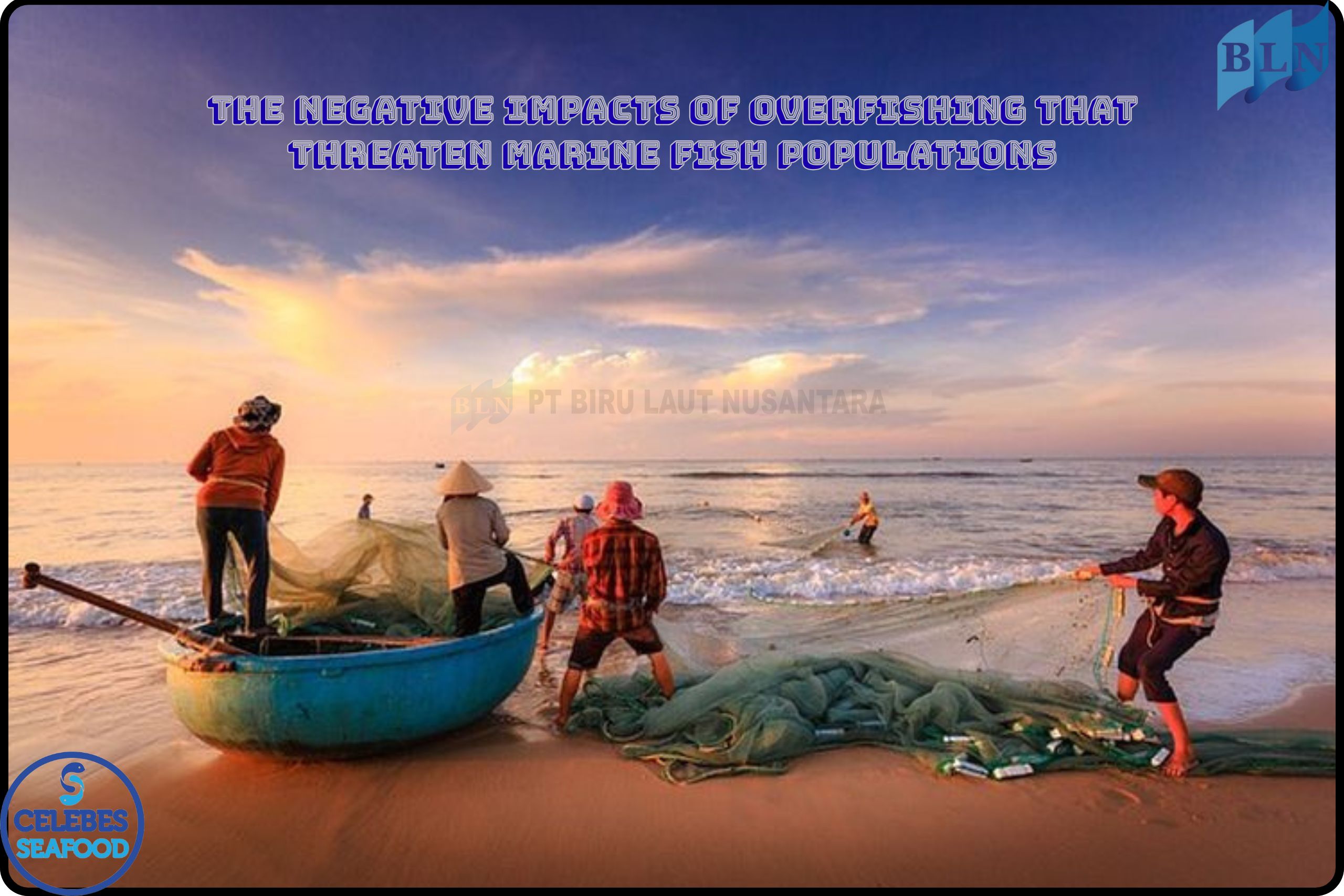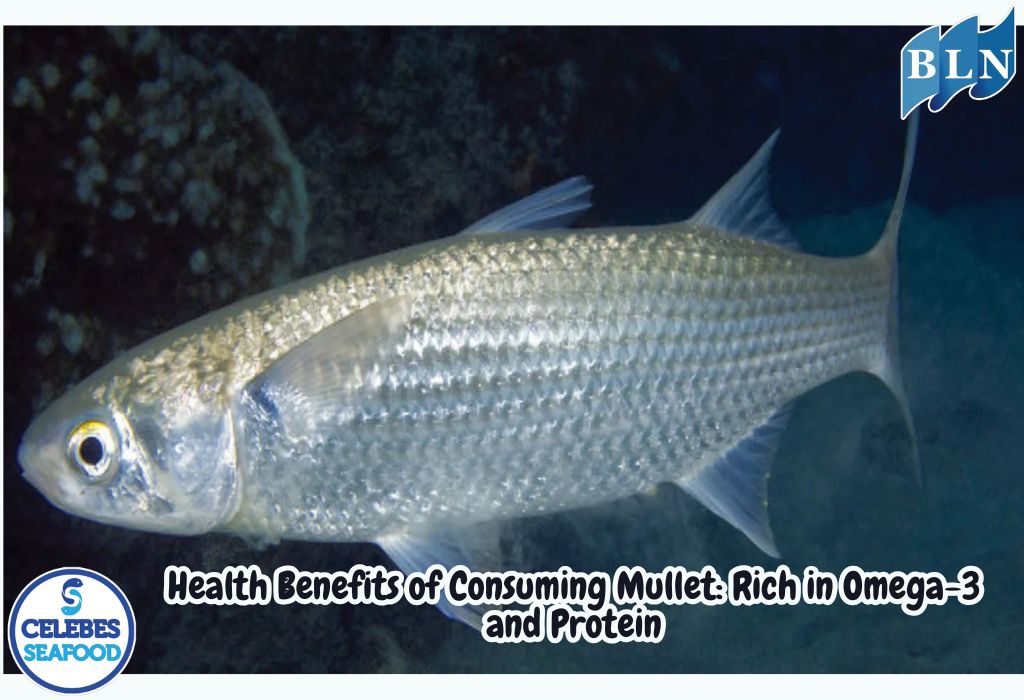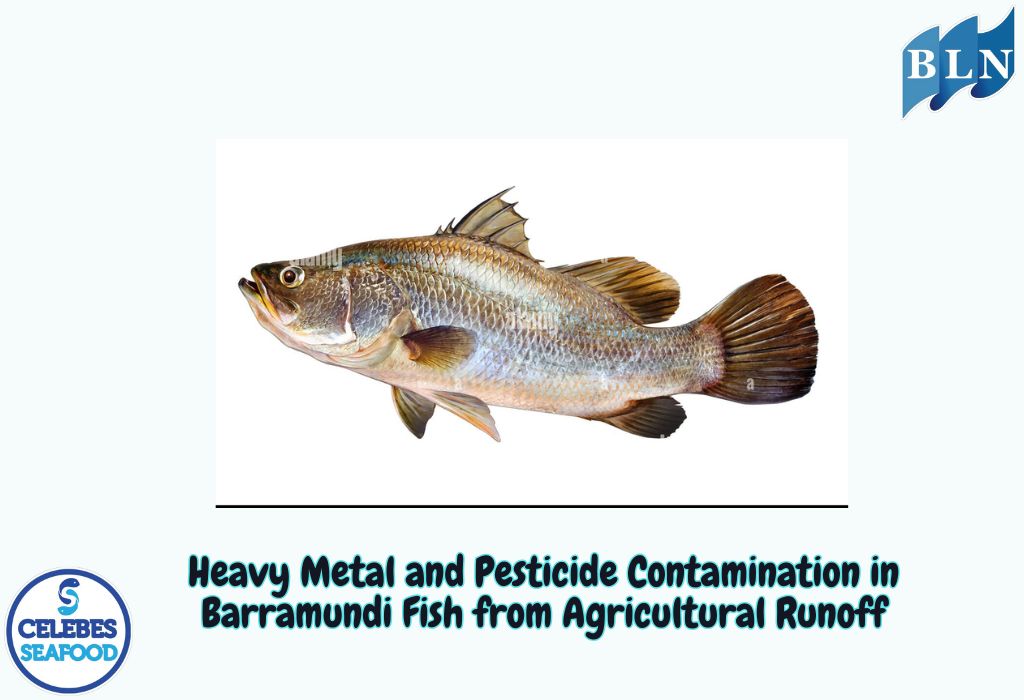The Negative Impacts of Overfishing That Threaten Marine Fish Populations
By. Azizah - 05 Aug 2025
lautnusantara.comThe ocean is one of the most vital natural resources for human life, providing a variety of food sources, especially fish. However, excessive fishing activity, or overfishing, has become a global issue threatening the sustainability of fish populations and the balance of marine ecosystems. Overfishing occurs when the rate of fish capture exceeds the natural capacity of the population to reproduce and regenerate.
This article discusses the negative impacts of overfishing on marine fish populations and its broader implications for ecosystems and human livelihoods.
2. Definition of Overfishing
Overfishing refers to the condition in which fish are caught at a rate that surpasses the ability of the population to replenish itself naturally. Excessive fishing leads to a drastic decline in fish numbers, particularly for commercially valuable species.
3. Negative Impacts of Overfishing
a. Decline in Fish Populations
Overfishing directly results in significant reductions in fish stocks. Targeted species often experience population collapses and may face local extinction. This disrupts the marine ecosystem, as fish play a crucial role in the ocean food web.
b. Disruption of the Food Chain
The decline of predator fish populations can lead to an uncontrolled increase in prey species. This phenomenon, known as a trophic cascade, can alter the structure and functioning of the marine ecosystem.
c. Loss of Biodiversity
Overfishing not only reduces the numbers of specific species but can also lead to the extinction of other species that rely on them for food or habitat.
d. Habitat Destruction
Certain destructive fishing methods, such as bottom trawling, can damage vital habitats like coral reefs and seagrass beds, which serve as spawning grounds and nurseries for fish.
e. Social and Economic Consequences
Declining fish stocks threaten the livelihoods of fishers, especially traditional and small-scale fishers who rely heavily on marine resources. Additionally, fish prices may become unstable, and food security is put at risk.
4. Causes of Overfishing
-
High market demand
Global fish consumption continues to rise, driving intensive fishing activities. -
Advanced fishing technology
Modern gear allows large-scale harvesting in a short period, accelerating depletion. -
Weak resource management
Lack of regulations, enforcement, and monitoring worsens overfishing problems. -
Illegal, Unreported, and Unregulated (IUU) fishing
IUU fishing contributes significantly to pressure on already declining fish stocks.
5. Mitigation and Management Efforts
a. Fishing Regulations
Implementing catch quotas, size limits, and seasonal fishing bans can help reduce pressure on fish populations.
b. Development of Marine Protected Areas (MPAs)
MPAs help conserve habitats and allow fish populations to reproduce and recover.
c. Monitoring and Law Enforcement
Strengthening marine surveillance and strictly enforcing regulations are crucial for sustainable resource use.
d. Public Awareness and Education
Raising awareness among fishers and communities about the importance of marine conservation through education and training programs.
If you are interested in our Coral Trout Fillet Skin On, CORAL TROUT WGG WHOLE GILLED GUTTED, TOMATO COD WHOLE GILLED GUTTED please do not hesitate to contact us through email and/or whatsapp.






.jpg)
.jpg)